As one of the trio of Nigeria’s foremost literary icons, John Pepper Clark-Bekederemo, fondly called JP Clark, has been a household name for over five decades. While it could be difficult to associate a particular literary genre to each of the renowned writers as their works feature in various categories, Clark was seen more for poetry. Chinua Achebe, the first to pass on among the trio, in 2013, was for prose, while Wole Soyinka, now the last man standing, takes drama.
From “Mbari”, “A Reed in the Tide”, “Casualties”, “State of the Union”, “Abiku”, to “Mandela” and other poems, the recurring themes across Clark’s works include colonialism, institutional corruption, inhumanity and of course, the beauty of nature — as seen in the famous lines “Ibadan, running splash of rust and gold, flung and scattered among seven hills like broken china in the sun….”
Clark, who remains on the list of scholars whose works arguably shaped the foundation of contemporary African literature, “dropped his pen” on Tuesday morning. He was 85.
ELOPED WITH NEIGHBOUR
Advertisement
An interesting part of Clark’s life was how he and Ebun Odutola, his then neighbour, eloped in the 60s when it was clear Ebun’s father wasn’t going to approve of their union.
As a research fellow at the Institute of African Studies of the University of Ibadan at the time, Clark shared the same residential block with Ebun who had just returned from England, and had become a lecturer at the then newly founded school of drama in the university.
“She and JP fell in love. And so, they decided on the next natural step, which was for them to get married. However, there was one serious obstacle — their respective ethnic origins! The Odutolas were one of the wealthy industrial families of Ijebuland, leading figures of the Yoruba aristocracy and Nigerian entrepreneur class, and highly conscious of their wealth and status,” Femi Osofisan, narrated in the book, “JP Clark: A Voyage”.
Advertisement
“Besides, the Yoruba as a whole tended to regard non-Yorubas from anywhere beyond Ondo, north or east, as uncouth barbarians, primitives whom they referred to derisively as ‘kobokobos’. JP, from Ijaw-land as we know, was of course one of them!

“Add to all this the fact that Ebun was quite literally the apple of her father’s eyes, on whom the old man dotted with uncommon affection, both on account of her comeliness, and her intellectual aptitude. He had great dreams for her future, which was why he had sent her at the age of nine to England to study. But these plans certainly did not include marriage to someone from some obscure village in the Niger Delta that no one could point out on the map!
“Hence, true to the tradition of his people, and in the manner of his great-grandfather Bekederemo, JP decided to resolve the matter in the only manner available — through elopement! One Saturday on April 4, 1964, he and Ebun drove off to Cotonou in the neighbouring Republic of Benin where his friend, Jide Alo, was the Nigerian Chargé d’Affaires.”
Advertisement
By evening of that day, Osofisan wrote that the two were already husband and wife. They would drive back to Nigeria the next day to resume their normal life on campus.
‘WRITERS PLAY ROLES LIKE OTHER PROFESSIONALS’
In Clark’s generation, most of the prominent writers were known for their works which were always centred around socio-political matters, especially as it concerned pre- and post independence issues on the African continent.
When asked in an April 1970 interview at the University of Texas what the role of a writer should be, Clark explained that a writer, whether African, European or American, is just like a lawyer, a doctor, a carpenter, a janitor, one type of citizen within the society who has his work just like any other.
Advertisement
“I don’t think that any one role — not even that of the highest elective political office of the land — is so special that it should subsume others,” he said.
“This is where I find it personally disturbing that some of my friends — some of my own kind — do not seem to be satisfied with their own role of writing and would rather become soldiers and politicians, preferring to play roles other than the one that they are good at and recognised for.”
Advertisement
It would appear Clark was making reference to Chris Okigbo, a prominent poet, who died in 1967 while fighting as a soldier for the independence of Biafra.
“If you are a poet and write songs for soldiers to march to, to fight to, I suppose you would be well within your field of militancy. If you write a play like any of Brecht’s to propound and push an ideology, a way of life, you would well be within your field,” Clark added.
Advertisement
He would argue that when a writer puts pen aside to take up sword, gun and hand grenade, or when he mounts a soapbox to spit slogans chosen for him by others, the writer has left one role for another.
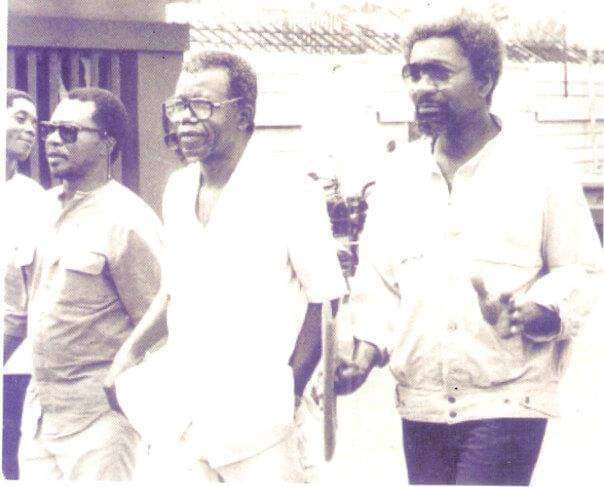
Advertisement
Clark’s loyalty to literature as a vocation has been quite phenomenal, Odia Ofeimun, a Nigerian writer and literary critic, wrote of the poet in a tribute.
Although quite self-effacing, Ofeimun said Clark was also quite a prime mover and activist.
“He was the other friend who went with Christopher Okigbo to bring Major Emmanuel Ifeajuna back home from Ghana to face the music after the failure of the January 15, 1966 coup,” he wrote.
“He organised his other colleagues, Chinua Achebe and Wole Soyinka, to meet General Babangida to plead mercy for Major General Mamman Vatsa, after the aborted coup for which the latter was executed.
“JP Clark was a poet and dramatist who never allowed himself to be distracted from his chosen vocation. He let his poetry and plays speak for him. He treated critics and admirers with magisterial distancing. As one of his well known critics, I am obliged to report that he was generally a very civil elder who did not over demonstrate his likes and dislikes. He was a balanced Homer who did justice to his Ijaw roots and Niger Delta provenance.”
Of JP Clark, Ofeimun said he will always be remembered for taking poetry very seriously and making it a mark of distinction for anyone to be addressed as a poet.
‘AGE IS A CRIPPLING DISEASE’
He must have seen it all, when five years ago, on his 80th birthday, the renowned poet described age as a crippling disease.
“I now know that age is a crippling disease,” Clark began in an interview with Channels TV.
“It is a disease that cripples on all of us. We don’t know as it comes. We will pray for it, but my experience of it now is as it comes, it’s full of pains and regrets. That’s the dark side of it. But it also has its joyous side. When people are around you, you have brought to the world children, from a wife who has been sharing life with you everyday, although that again leads to the dark side.”
To Clark, the things about age are a mix of pleasure and regrets.
“If you see yourself as a tree, you begin to see that leaves are falling off you,” he said.
JOURNALIST, PLAYWRIGHT, POET, EMERITUS PROFESSOR…
Born in Kiagbodo, Burutu local government area of Delta state on April 6, 1935, Clark began his education at the Native Primary School in Okrika. He proceeded to the Government College, Ughelli and later University of Ibadan where he studied English. While at the university, Clark started as a writer and journalist. He edited a couple of publications including ‘The Beacon’ and ‘The Horn’.
Upon graduation in 1960, he was hired as an officer at the ministry of information. Between 1961 and 1962, he was head of features and editorial writer for the Daily Express, in Lagos. He was a research fellow at the University of Lagos from 1964 to 1966, and was professor of African literature and instructor in English from 1966 to 1985.
“I lived in Ibadan for years. I went to the University College Ibadan from 55 to 60. I worked with the late Chief AYK at the ministry of information for a year or more before Chief Olubanjo invited me to come to Daily Express as features editor and editorial writer. Ibadan has a special place for me, and in my life. After Ibadan, I came to Lagos and spent all my life. Ibadan was part of me,” he had said in N interview.
Until his death, family sources said the octogenarian still wrote and read sometimes “without his glasses”, and “walked by himself without any aid”.
While humans remain dispensable, Clark’s demise will surely leave a vacuum in the literary space for a long time.
We fall.
All casualties of the war,
Because we cannot hear each other speak,
Because eyes have ceased to see the face from the crowd.
― JP Clark, ‘Casualties’
2 comments
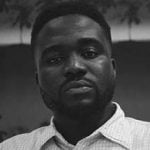
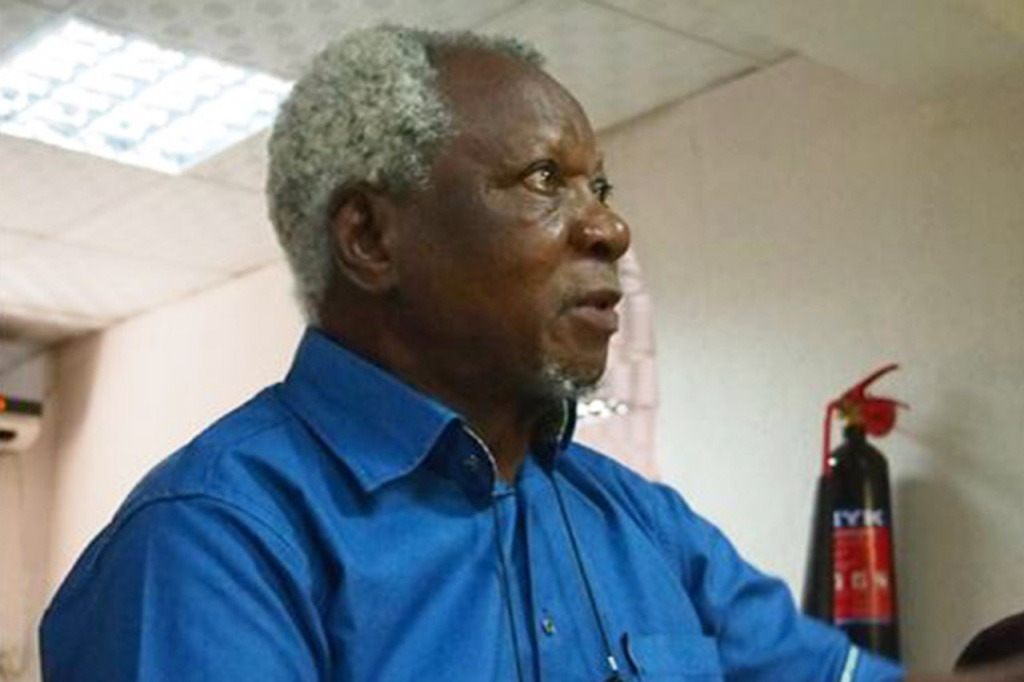
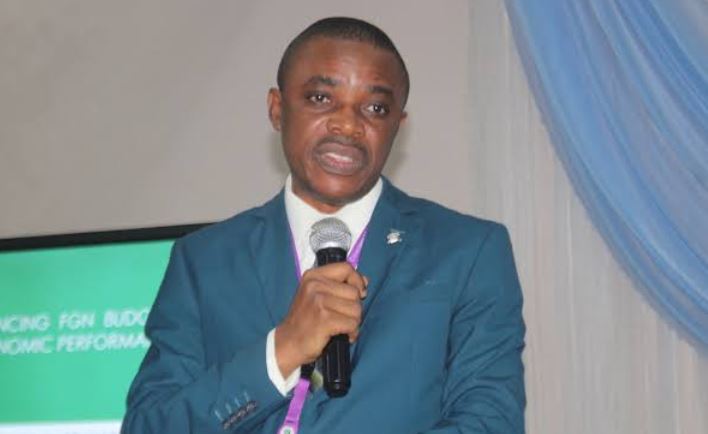
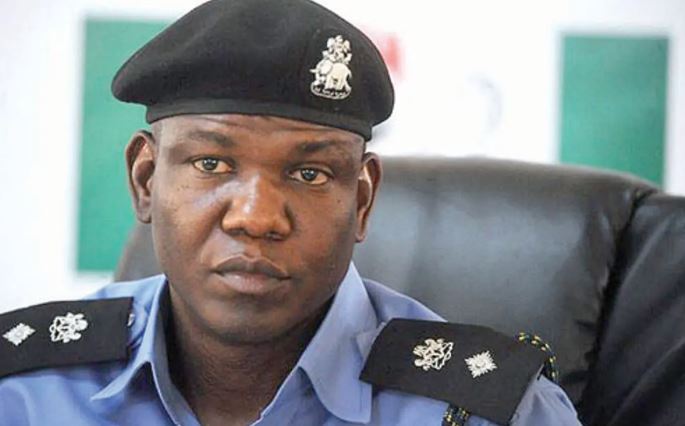
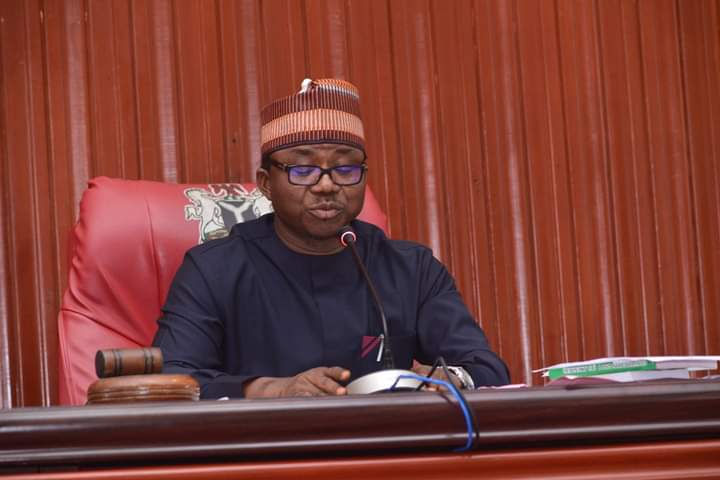


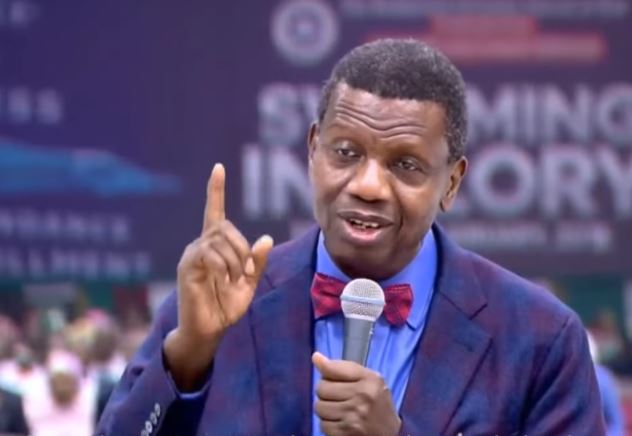
Eternal rest grant to him O Lord, let perpetual light shine upon him.
God bless his soul.
May your soul rest in perfect peace icon,in the name of Jesus Christ,amen.